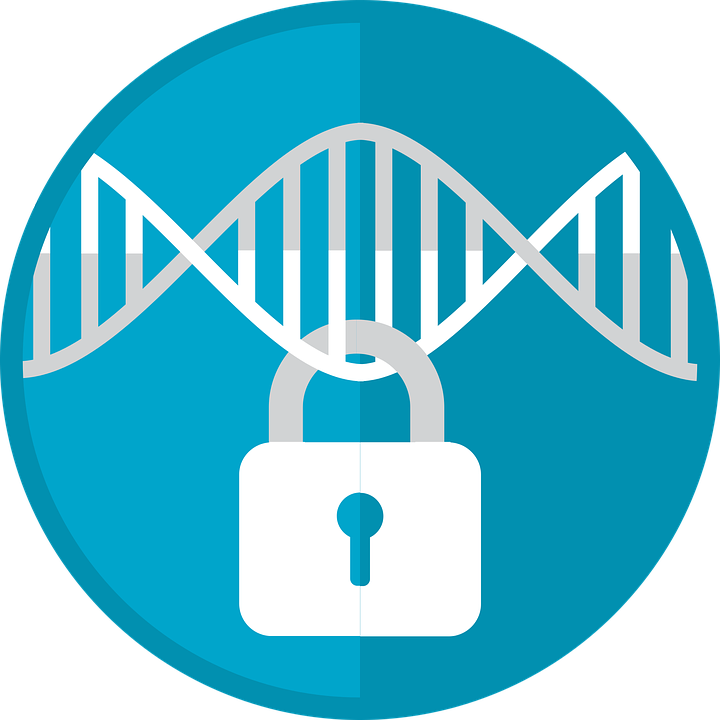Don’t Buy California’s Callous Attempt to Ignore People’s DNA Privacy Rights, EFF Tells Court
By Karen Gullo,
Electronic Frontier Foundation [cites CGS and Pete Shanks]
| 03. 29. 2019
Analyzing and indefinitely keeping the DNA profiles of thousands of Californians arrested for felonies, but never charged with a crime, is not just an ominously overbroad practice by law enforcement—it’s an invasion of privacy that violates the state’s constitution. Last year EFF and our co-counsel Michael Risher filed a lawsuit against California challenging its DNA retention and search practices on behalf of the Center for Genetics and Society, the Equal Justice Society, and an individual plaintiff, writer and editor Pete Shanks.
Attorneys for the state responded to the case by telling a judge there’s no basis for it, no law is being broken, and it should be dismissed. This is simply wrong. We asked the judge this week to reject the state’s callous indifference to the privacy rights of Californians and its attempt to sweep its conduct under the rug.
DNA can reveal a vast array of highly private information, including family relationships, ethnicity, physical characteristics, illnesses, and genetic traits. People have a right to expect that this information will remain private and out of the hands...
Related Articles
By David Jensen, California Stem Cell Report | 02.10.2026
Touchy issues involving accusations that California’s $12 billion gene and stem cell research agency is pushing aside “good science” in favor of new priorities and preferences will be aired again in late March at a public meeting in Sacramento.
The...
By Lauren Hammer Breslow and Vanessa Smith, Bill of Health | 01.28.2026
On Jan. 24, 2026, the New York Times reported that DNA sequences contributed by children and families to support a federal effort to understand adolescent brain development were later co-opted by other researchers and used to publish “race science”...
By Arthur Lazarus, MedPage Today | 01.23.2026
A growing body of contemporary research and reporting exposes how old ideas can find new life when repurposed within modern systems of medicine, technology, and public policy. Over the last decade, several trends have converged:
- The rise of polygenic scoring...
By Stephanie Pappas, LiveScience | 01.15.2026
Genetic variants believed to cause blindness in nearly everyone who carries them actually lead to vision loss less than 30% of the time, new research finds.
The study challenges the concept of Mendelian diseases, or diseases and disorders attributed to...




